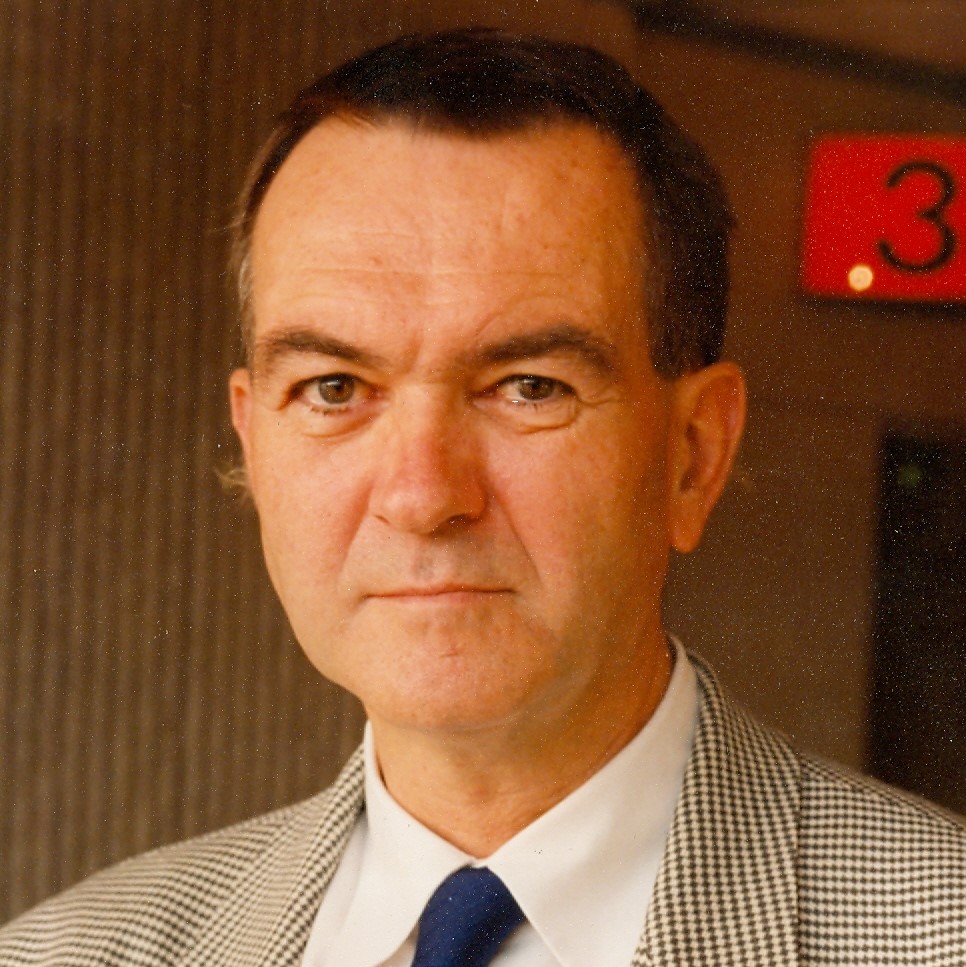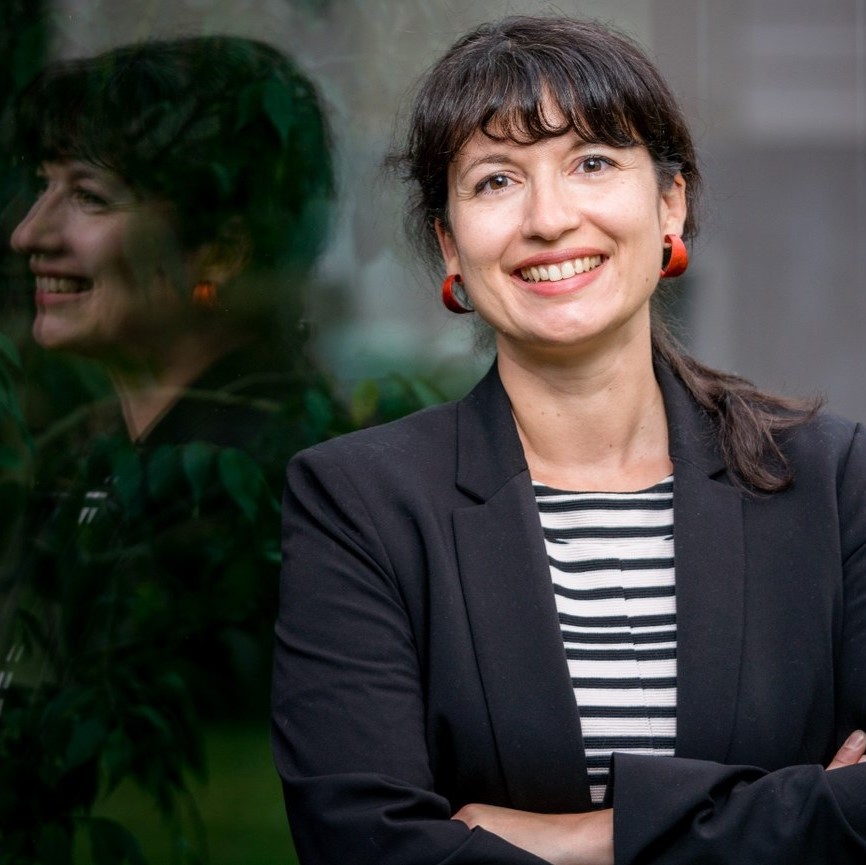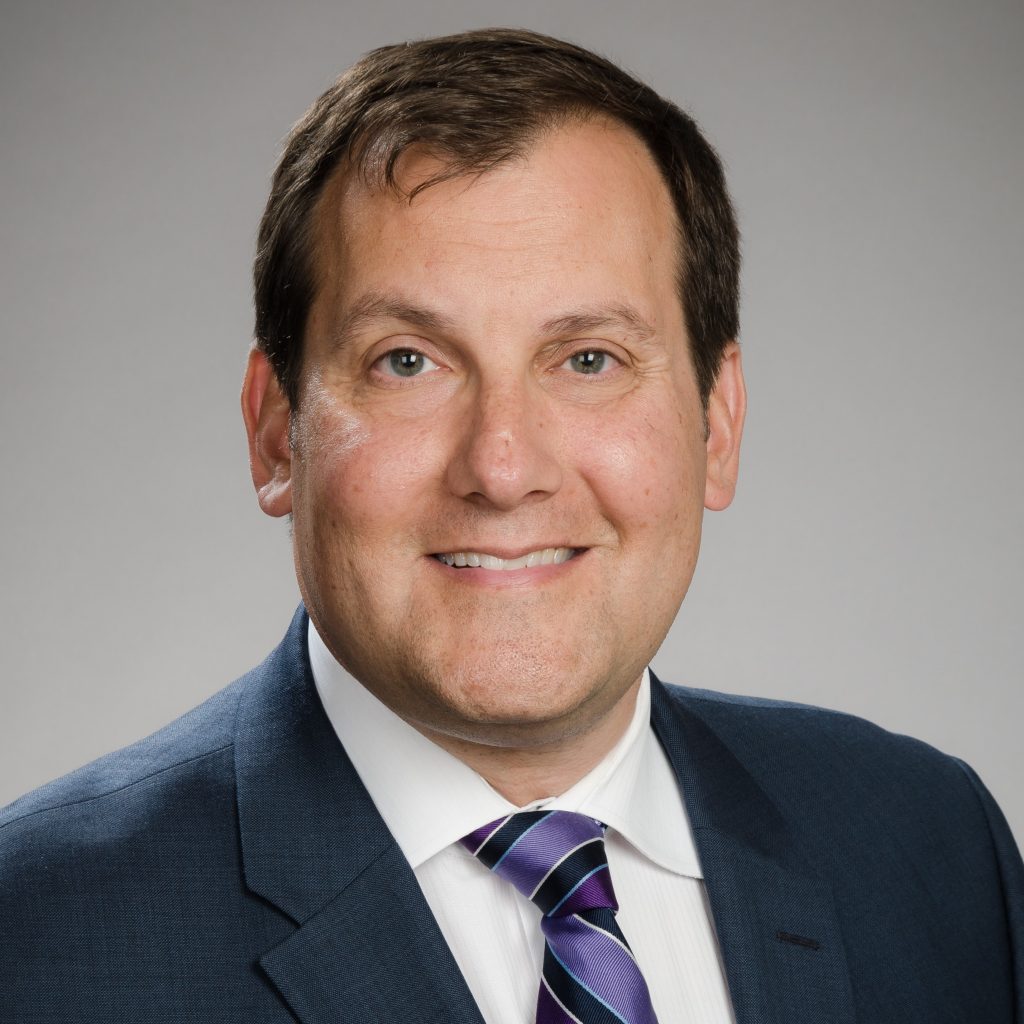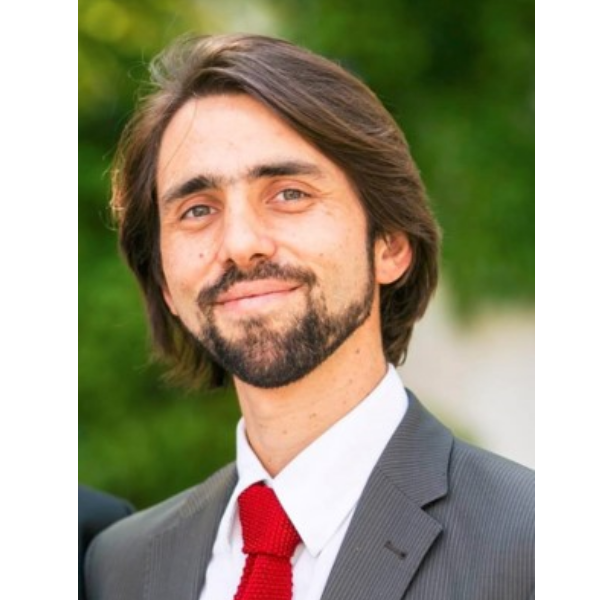
Heidelberg, Germany
Born in 1942 in Berlin, he studied Chemistry and Medicine and got a complete medical education as consultant surgeon and as consultant urologist.
The main interest in his urological career was Urolithiasis. He is known for developing in the late 70es the full range of percutaneous nephrolithotomy as it was applied worldwide.
He was Professor of Urology and head and chairman of the Urological University Clinic Mannheim, Heidelberg Medical School from 1987 until his retirement in 2008. Sixteen Head of German Urological departments and four University Chairmen graduated from his urological school.
He stimulated research in nearly every aspect of Urology documented by > 370 publications.
He served many duties in national and international organisations like the German research foundation (DFG), the EORTC or the European Association of Urology (EAU). He was board member and president of the German society of Urology (DGU), is an honorary member of several Urological Societies and was rewarded many prices and honours in his urological career.
He is an internationally well respected urologist, father of five children, married to Elisabeth Alken MD and a good friend to many.

Dresden, Germany
Stefanie Speidel is a full professor for “Translational Surgical Oncology” at the National Center for Tumor Diseases (NCT) Dresden since 2017. She received her PhD from Karlsruhe Institute of Technology (KIT) with distinction in 2009 in the context of the research training group “Intelligent Surgery” (KIT, University of Heidelberg, DKFZ) and had a junior research group “Computer-Assisted Surgery” from 2012 – 2016 at KIT. Her current research interests include image- and robotic-guided surgery, soft-tissue navigation, sensor-based surgical training and intraoperative workflow analysis based on various sensor signals in the context of the future operating room. She regularly organizes workshops and challenges including the Endoscopic Vision Challenge@MICCAI as well as the Surgical Data Science workshop. She has been principal investigator on a number of research grants and was awarded several best paper awards.

Washington, United States
Dr. Sweet is a Professor of Urology at the University of Washington and Medical Director of the University of Washington Medicine Kidney Stone Center at Northwest Hospital. He serves as a provider with a focus on treating and preventing kidney stones.
Dr. Sweet is an “Arthur Smith Award” winner and is the Principal Investigator of numerous simulation research and development projects. He serves as Executive Director of the Washington Wyoming Alaska Montana Idaho (WWAMI) Institute for Simulation in Healthcare (WISH) and the UW Center for Research in Education and Simulation Technologies (CREST). Seattle Business Magazine Awarded WISH and CREST the 2019 “Leaders in Health Care, Achievement in Medical Technology” Gold Award.
Dr. Sweet has served in leadership positions in simulation and education within the American College of Surgeons, the Society for Laparoendoscopic Surgeons, the Endourology Society and the American Urological Association. Dr. Sweet helped develop the Surgical Simulation Fellowship Accreditation Program for the American College of Surgeons (ACS) Division of Education and started two such programs at the Universities of Minnesota and Washington. Dr. Sweet founded the University of Minnesota’s SimPORTAL and cofounded the University of Washington WISH (formerly the Institute for Simulation and Interprofessional Studies).
In October 2018, Dr. Sweet was inducted as a Member of the American College of Surgeons Academy of Master Surgeon Educators™ Inaugural class. Dr. Sweet was also the recipient of the 2019 American Urological Assocation Distinguished Contribution Award.

Garching, Germany
Dr. Thomas Wendler is a scientist and engineer working since 2004 in the field of Medical Technology. Thomas graduated initially from Electronic Engineering from the Technical University Federico Santa María in Valparaíso, Chile and later did an MSc and a PhD in medical imaging at the Technical University of Munich (TUM) in Germany. Since 2007, Thomas has worked both in academia and industry, setting up three start-ups, one of which was successfully existed after becoming a worldwide small enterprise providing certified nuclear imaging solutions for the operating theatre.
Over the last 15 years, Thomas has brought several innovations from bench to bed, mainly in the field of medical imaging and surgery. As such, he has been involved in applied research, financing, product development, clinical trials, medical device certification, intellectual property management and supporting conventional business activities. Topic-wise, Thomas’ has collected experience in Nuclear Medicine, Radiation Therapy, Radiology and Surgery. Among his achievements, he has gotten already 5 medical devices certified in Europe and North America, he has been granted 7 patents and he has been acknowledge as main inventor of the freehand tomography method using tracked detectors.
Currently, Thomas has a half-time appointment in the Chair for Computer Aided Medical Procedures and Augmented Reality at TUM as senior scientist and coordinates all research activities of the Chair at the University hospital (Klinikum rechts der Isar). Among them he leads a 30+ team located directly in the hospital working in medical robotics, artificial intelligence, ultrasound and nuclear medicine. Additionally, Thomas is involved as CEO and CTO in two start-ups respectively, one of them in the field of diagnostic nuclear medicine and one in the field of radioisotope therapies.

